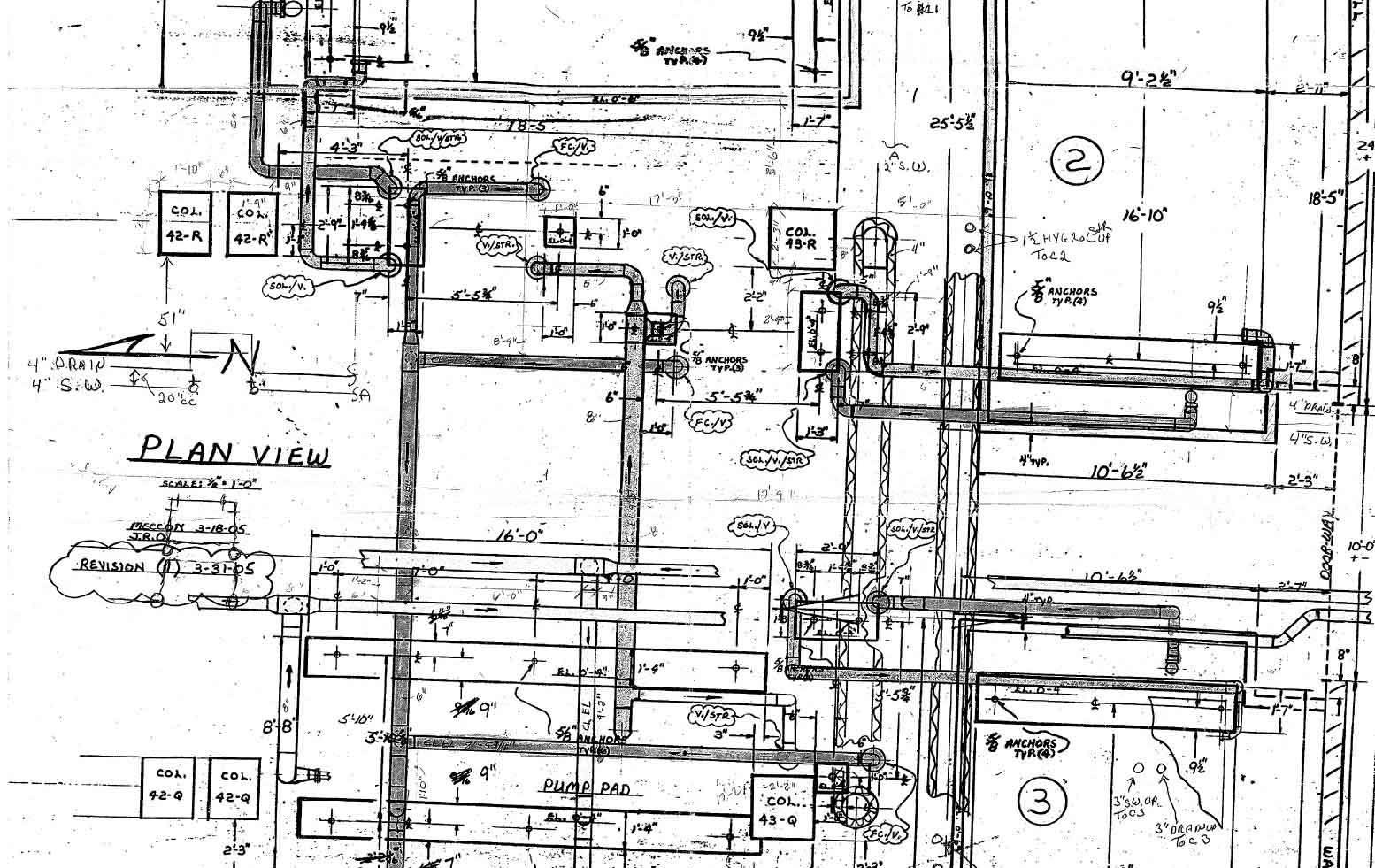
One of the most important parts of your plumbing system is also one of the most mysterious to many Red Oak homeowners.
We get questions about these all-important systems all the time; now, it’s time to shed some light on that monster in the basement.
Looking for help with your water heater? Here are the six big water heater FAQs we answer every day – and what you can do about them right now:
1.) Are there different types of water heaters?
There are four common types of water heaters that we see in Red Oak homes. Each has its own set of pros and cons. Let’s break down the differences to help you determine what system you have – and what you may want:
Storage Water Heaters: These are traditional water heaters, complete with tanks that store water, which is then heated. These are conventional workhorses, but they are less energy efficient than some more contemporary designs.
Tankless Water Heaters: Also known as “instantaneous water heaters,” these heat water on-demand, rather than storing it; because of their small size, these are smart choices for homes trying to economize their space.
Solar Water Heaters: These use outdoor solar panels to preheat your water, before sending it through a conventional water heater. Though solar heaters can be expensive to install, they can lead to big savings on your future water bills – sometimes up to 75% over conventional heaters!
Hybrid Water Heaters: Another “green” plumbing solution, these heaters provide hot water on demand at all times, include self-cleaning systems to help prolong their lifespans, and generally produces ultra-low levels of emissions.
2.) My water heater is making a weird sound. What does it mean?
Is your water heater rumbling, grumbling, or groaning? Sediment build-up is likely to blame. Over time, minerals like calcium pile up in your tank, trapping water and causing it to boil up as steam bubbles. To quiet the noise – and cut back on your bills – it’s best to have a pro come in to flush your unit.
Which brings us to another big question…
3.) What does a pro actually do during a water heater inspection?
In general, a professional water heater maintenance visit consists of two major parts. First and foremost, your pro will perform a sediment flush, helping to clear away any built-up “gunk” and prolong your water heater’s longevity. The other big check-up? Your plumber will take care of your unit’s anode rod; it’s important to have a professional deal with this part of your system – a poorly-installed anode rod can lead to big problems for your water heater.
4.) Why does my hot water smell bad?
Remember that anode rod? When it corrodes and gets eaten away, it reacts with the naturally-occurring sulfur in your water, creating hydrogen sulfide (H2S), which reeks of rotten eggs. Besides having a professional come to repair or replace your anode rod, you should focus on killing the bacteria that leads to the odor in the first place. We’ve got some ideas on that matter available here.
5.) When should I replace my water heater?
Water heaters aren’t designed to last for much longer than a decade, so if your unit is eight to fifteen years old, it’s likely time to plan for an upgrade. It’s also likely that your old unit is no longer up to date with regulatory standards – so making the switch to a newer unit could end up saving you a lot in terms of efficiency.
6.) Can I make my water heater more efficient?
Besides updating your unit to a newer, greener model, there are plenty of ways to maximize the efficiency of your current water heater. Here are a few easy ideas:
Insulate Your Pipes: Insulate your water heater and its surrounding pipes with a blanket and pipe wrap. The more insulation you add, the less heat energy gets lost when your water heater “runs hot” or sends water out to your appliances.
Lower Your Water Temperature: Lowering your water heater’s temperature to 120 degrees Fahrenheit (20 degrees below most factory settings) helps you save money by reducing standby losses (i.e., the heat that your water heater gives off to the surrounding basement area) and consumption (or the amount of hot water you use around the house).
Turn Off Water While You’re Away: Leaving your home for a few days? Prevent disaster and save money by turning off your water, either by using your main shutoff valve, or else by shutting off specific supply lines.
Have any more questions about any of your home’s plumbing systems? Don’t hesitate to drop us a line! Combat Plumbing is here for all of your Red Oakland plumbing needs, day or night.








